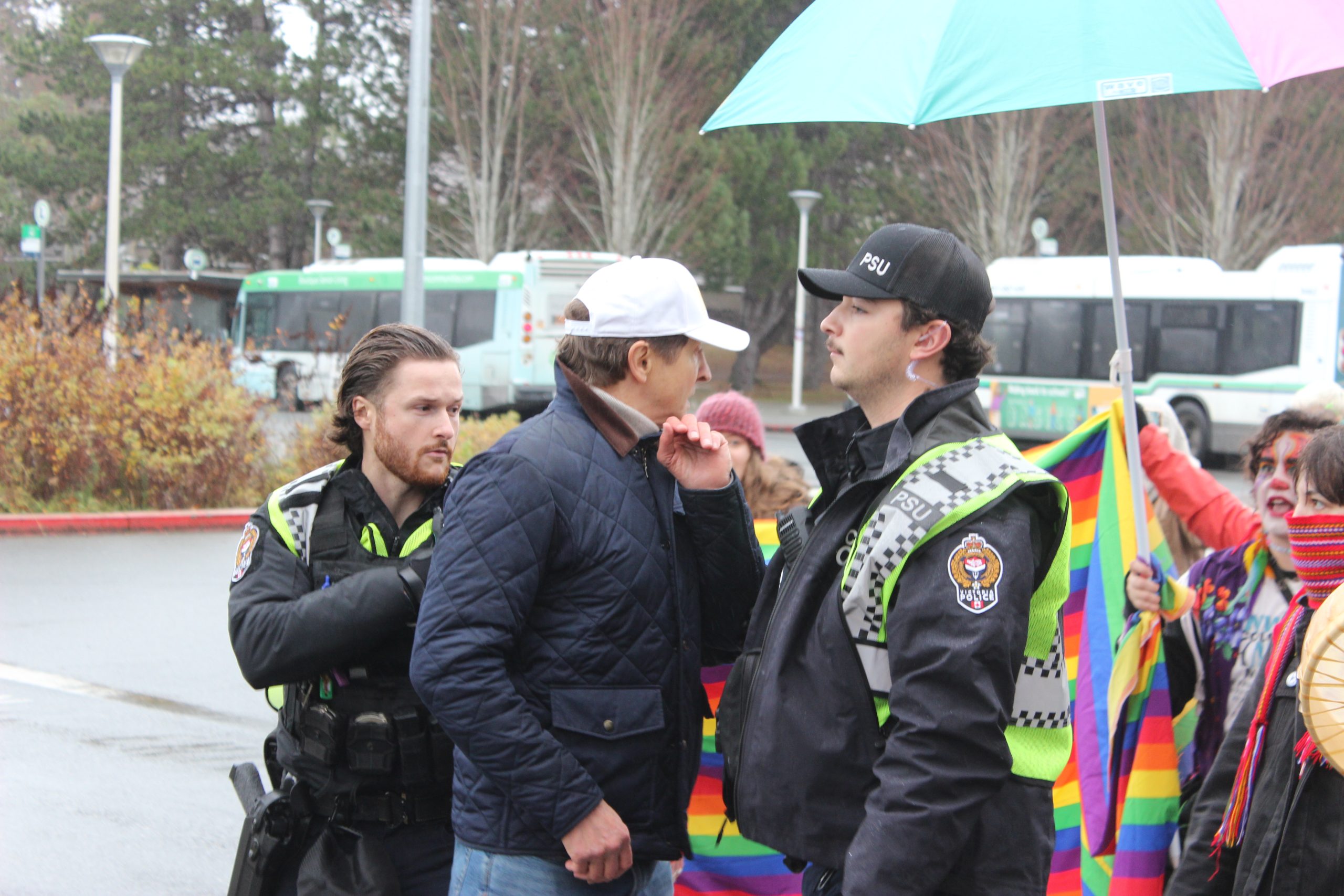Saying goodbye to Gord Downie
I don’t profess to having any new insight or unique experience with Gord Downie or the Tragically Hip. I grew up in rural Ontario, with ready access to Fully Completely on CD and enough replay on rock radio stations to leave the Hip’s discography permanently etched into my memory. I’ve seen the band in concert a few times, lamented when tickets to the Victoria leg of their farewell tour sold out, and watched their recent documentary Long Time Running in theatres with friends. When news of Gord’s death came on Oct. 18, I found myself affected in a way I didn’t expect. The very real sense of loss I (and many others) felt prompted a day of listening to the Hip’s greatest hits and reading Gord’s book Coke Machine Glow. Coming out from the shadow of his loss, I think what I’ll miss most is Gord’s way of seeing.
The stories of Gord acknowledging people are too numerous to count. His interactions with fans and coworkers left them with a feeling of truly having been seen and recognized. From road crews to fellow musicians to casual encounters with fans in video stores, his genuine interest and presence has been told and retold countless times. Among so many things, I think that it was this ability of Gord to recognize and acknowledge that has had perhaps the greatest impact on his legacy.
In the final months of his life, Gord’s ability to see also forced his fans and Canadian pop culture to change its gaze. He saw the history of abuse and genocide and the dark legacy of the Residential School system, and saw a chance to amplify survivors’ stories through his own voice. Gord saw so many themes of this experience echoed in Chanie Wenjack’s story. Through music, writing and illustration, Gord shone a light on one child’s story of abuse and death to confront the history of colonialism.
He also invoked introspection at a personal and community level. The Hip are certainly associated with stereotypical “I Am Canadian,” beer-swilling, hegemonic masculinity in Canada. However, the tenderness of Gord’s lyrics, his equity-informed politics and the honesty in his performances offered a rare outlet for emotion and softness in Canadian assertions of a collective identity. The childlike enjoyment of hockey in “Fireworks” and “Fifty Mission Cap” make the songs bounce with genuine joy — a feeling rarely found in dadrock. The tears I’ve seen shed at the opening chords of “Bobcaygeon,” “Wheat Kings,” “Ahead by a Century,” and so many other songs point to his ability to create powerful art that points to Gord’s profound ability to see his listeners, and to acknowledge their experience in a way that feels both collective and uniquely individual.
While Gord routinely problematized nationalism, the Hip graciously accepted their position as the unintentional arbiters of an enigmatic Canadian identity. The magic in the Hip canon is not in its recognition of what we know about Canada, but in its recognition of what is, and will remain, unsettled. Gord will be dearly missed by casual and diehard fans, but thankfully his body of work will remain a beloved, complicated, and important part of the Canadian ethos for years to come.








